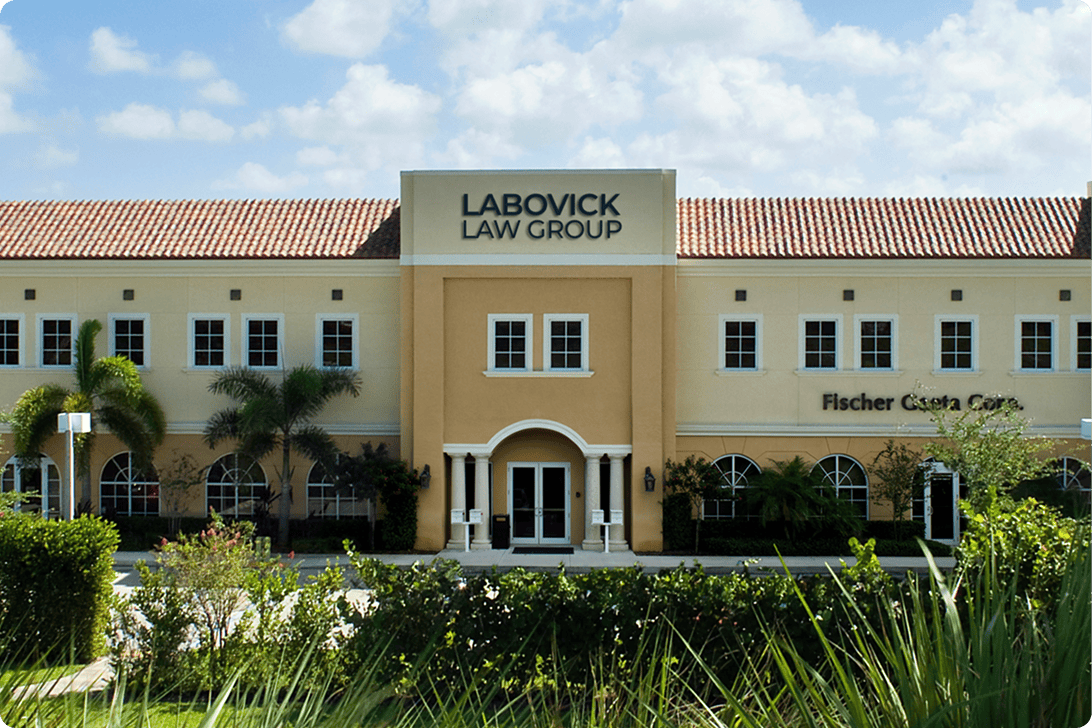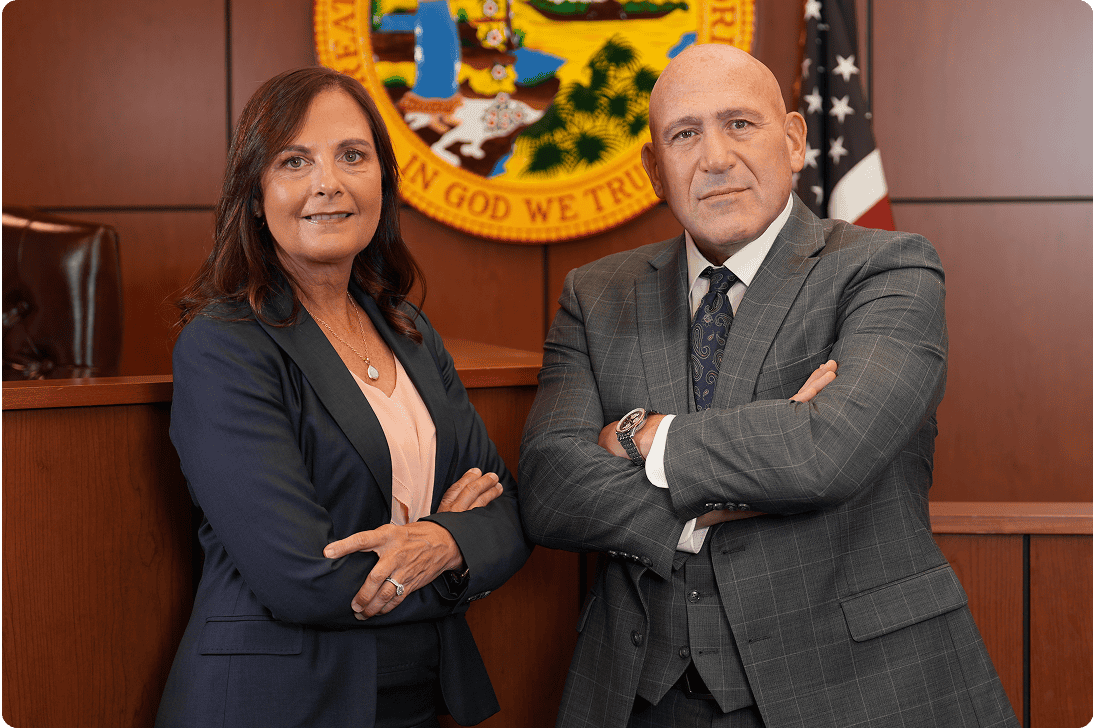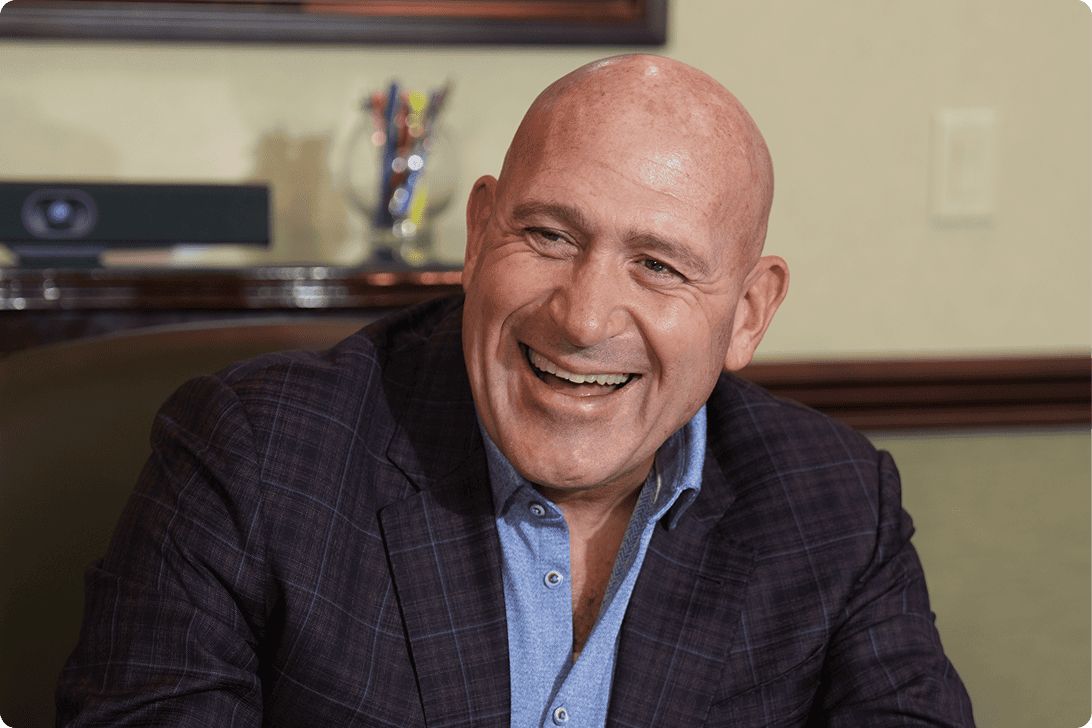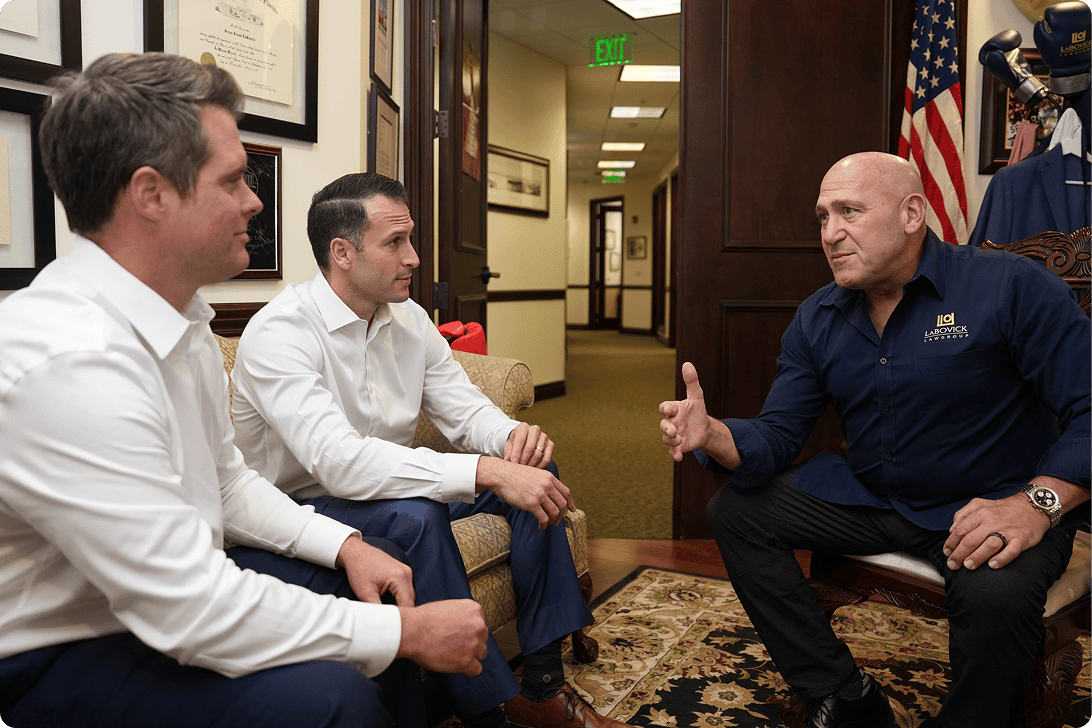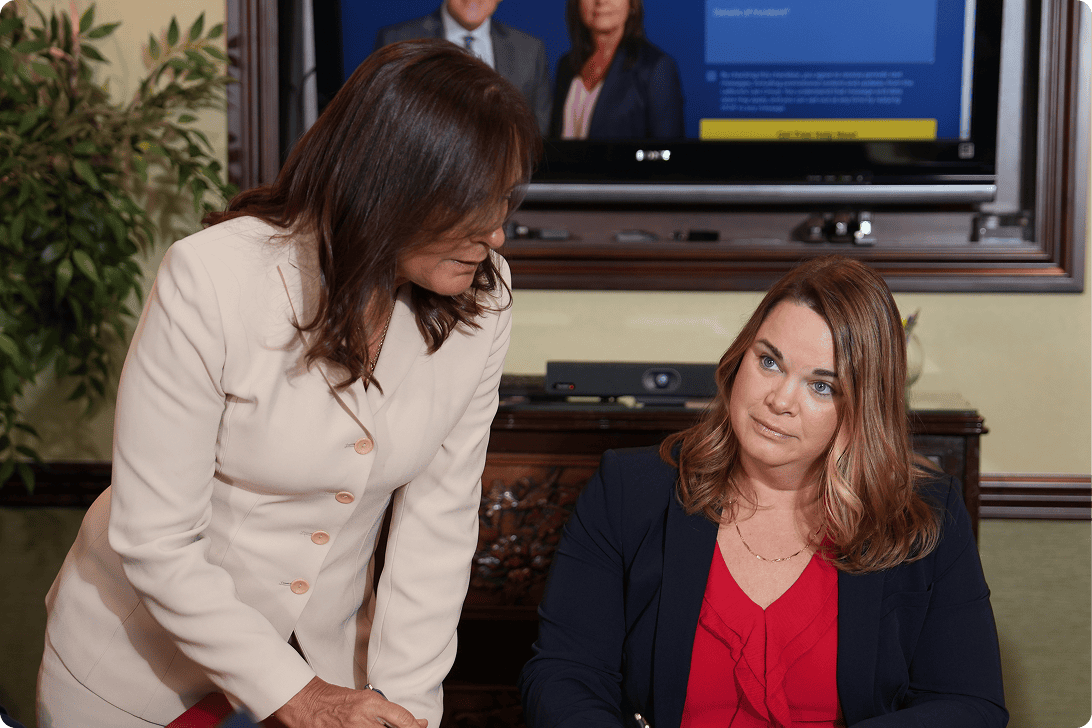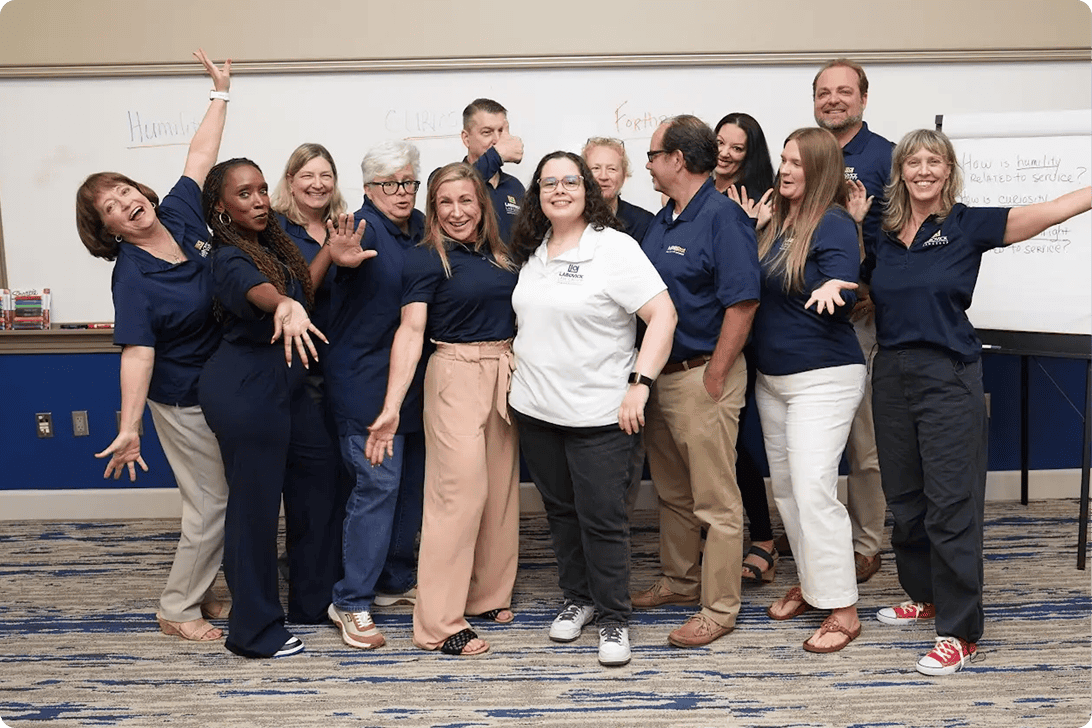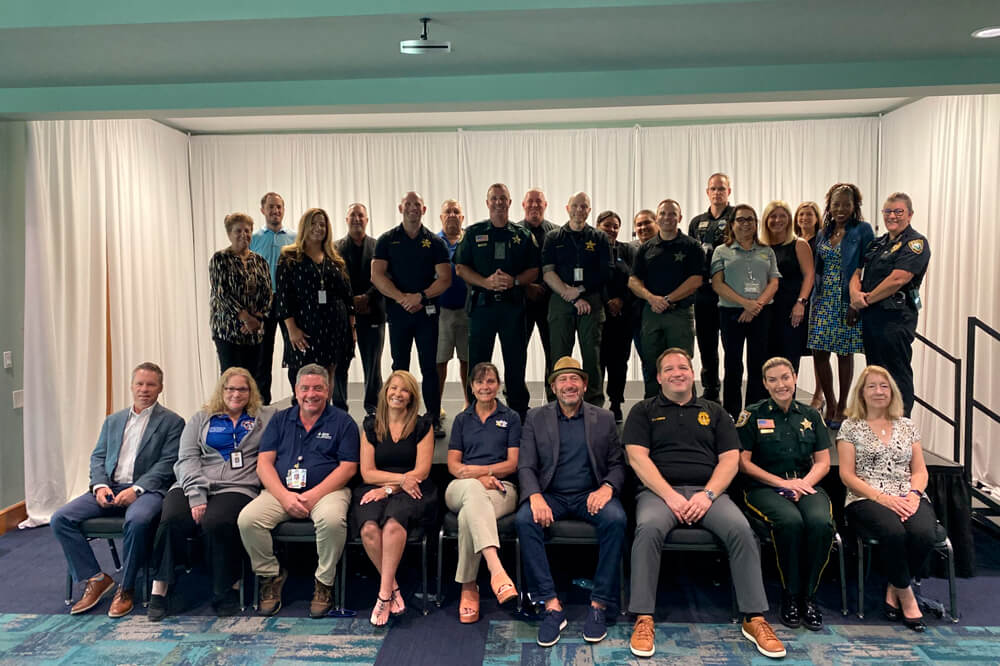Understanding Nursing Home Abuse
Nursing home abuse is a pervasive issue that unfortunately often flies under the radar. In its essence, nursing home abuse is the intentional infliction of harm, discomfort, or stress upon elderly individuals by those who are entrusted with their care. However, to fully grasp the gravity of this issue and to know when an Orlando nursing home abuse lawyer is required, it’s necessary to explore the various types of abuse and how to recognize them.
Different Types of Nursing Home Abuse
Nursing home abuse is not one-dimensional. It presents itself in various forms, each as damaging and distressing as the next. The five major types of abuse include:
- Physical Abuse: This is the intentional use of physical force causing injury, pain, or physical impairment. Examples of physical abuse include acts like hitting, slapping, pushing, or even misusing restraints to the point of causing physical distress.
- Emotional Abuse: Emotional abuse can be both verbal and non-verbal. Actions intended to cause emotional pain or distress fall under this category. It might involve humiliation, threats, intentional isolation, or the intentional denial of necessary social interaction.
- Sexual Abuse: This involves any form of non-consensual sexual contact or behavior with a nursing home resident. Given the vulnerable state of many seniors, this is a particularly egregious form of abuse.
- Financial Exploitation: This type of abuse happens when an individual improperly or illegally uses an elderly person’s money, assets, or property without their consent.
- Neglect and Abandonment: Neglect is when caregivers fail to perform their duties or obligations, such as providing adequate food, hygiene, or medical care. Abandonment, on the other hand, is when an individual who has assumed responsibility for care deserts an elderly person.
Signs and Symptoms of Abuse
Detecting nursing home abuse can be challenging. However, knowing what to look for can aid in early detection and prevention. There are several physical and emotional signs to look out for:
- Physical Signs: Unexplained injuries or bruises, frequent falls, bedsores, poor hygiene, drastic weight loss, or changes in appearance that suggest lack of care are all physical signs of potential abuse.
- Emotional Indicators: Sudden changes in behavior or personality, reluctance to speak, withdrawal from social activities, or unusual fear or anxiety could signal emotional abuse.
- Signs of Financial Exploitation: Disappearance of personal items, unexplained financial transactions, sudden changes in legal documents like a will, or sudden changes in the senior’s financial situation can be indicators of financial abuse.
If any of these signs are evident, it might be time to seek the help of an Orlando nursing home abuse lawyer to safeguard your loved one’s rights and well-being.
What To Expect From a Nursing Home Abuse Lawyer in Orlando
An Orlando nursing home abuse attorney is more than just a legal representative; they are advocates for the elderly. Their role encompasses protecting the rights of the elderly, conducting investigations, gathering evidence, and providing legal representation during legal proceedings.
Protecting the Rights of the Elderly
A nursing home abuse lawyer is well-versed in the laws surrounding elder care. They understand the subtleties and complexities of these laws and can apply this knowledge to protect seniors. They ensure that their clients are treated with dignity, respect, and care, safeguarding their rights and interests at all times.
Investigation and Evidence Gathering
When an Orlando nursing home abuse lawyer is hired, their first step is usually to conduct a thorough investigation into the allegations of abuse. This involves interviewing the victim, other residents, staff, reviewing medical records, and obtaining testimony from expert witnesses. They will meticulously gather and document all relevant evidence to build a solid case.
Navigating Legal Proceedings
Once the evidence has been collected, your attorney will guide the victim and their family through the legal process. This can involve negotiating with the nursing home or their insurance company for a fair settlement. Alternatively, if an agreement can’t be reached, it may involve taking the case to court. In either scenario, the support and expertise of an experienced Orlando nursing home abuse lawyer can be invaluable in achieving a positive outcome.
When to Hire an Orlando Nursing Home Abuse Lawyer
If you suspect your loved one is experiencing abuse in a nursing home, it’s essential to act immediately. Prompt action can prevent further abuse and ensure the safety of your loved one.
Identifying the Need for Legal Help
There are several instances where you might need to seek legal help. If your loved one displays signs of abuse, reports abuse, or if the nursing home administration doesn’t adequately address your concerns, it’s time to hire a lawyer. Likewise, if there are sudden changes in your loved one’s financial situation that can’t be explained, legal advice should be sought.
Immediate Steps to Take When Abuse is Suspected
When you suspect your loved one is a victim of nursing home abuse, knowing the immediate steps to take can be crucial. Here is a more detailed guide on what to do:
- Ensure Immediate Safety: The safety of your loved one should be your primary concern. If the danger is immediate, consider moving your loved one from the facility temporarily or even permanently. Discuss this with your loved one, the nursing home management, and a healthcare provider if necessary.
- Document the Evidence: A successful legal case heavily depends on the availability of solid evidence. Start by documenting any physical signs of abuse like injuries, bruises, or bedsores. This can involve taking photos and recording details about the injuries such as the extent, location, color, and size. If possible, record your loved one’s account of the abuse, noting the who, what, when, where, and why of each incident.
- Observe and Document Behavioral Changes: Changes in behavior can be a sign of abuse. If you notice that your loved one is anxious, fearful, or depressed, document these changes. Be sure to include dates, times, and any specific events or conversations that may have prompted these changes.
- Collect Financial Documents: If you suspect financial exploitation, it’s crucial to compile relevant financial documents. This can include bank statements, credit card bills, legal documents like a power of attorney, and any document showing changes in financial situation or estate planning.
- Report the Abuse: Once you have ensured your loved one’s safety and collected evidence, report the abuse to the appropriate authorities. This can include local law enforcement, the local Adult Protective Services agency, and the state’s Department of Health Services. Be prepared to provide them with all the evidence you have gathered.
- Notify the Nursing Home Management: In parallel with reporting to the authorities, communicate your concerns to the nursing home’s management. They should be made aware of the situation and given a chance to respond. Document all interactions with the management for future reference.
- Consult a specialized attorney: After these initial steps, it’s crucial to seek professional legal advice. They can help you understand your rights and guide you on the best course of action. They can also assist in gathering more evidence, filing a lawsuit, and representing your loved one’s interests in court.












